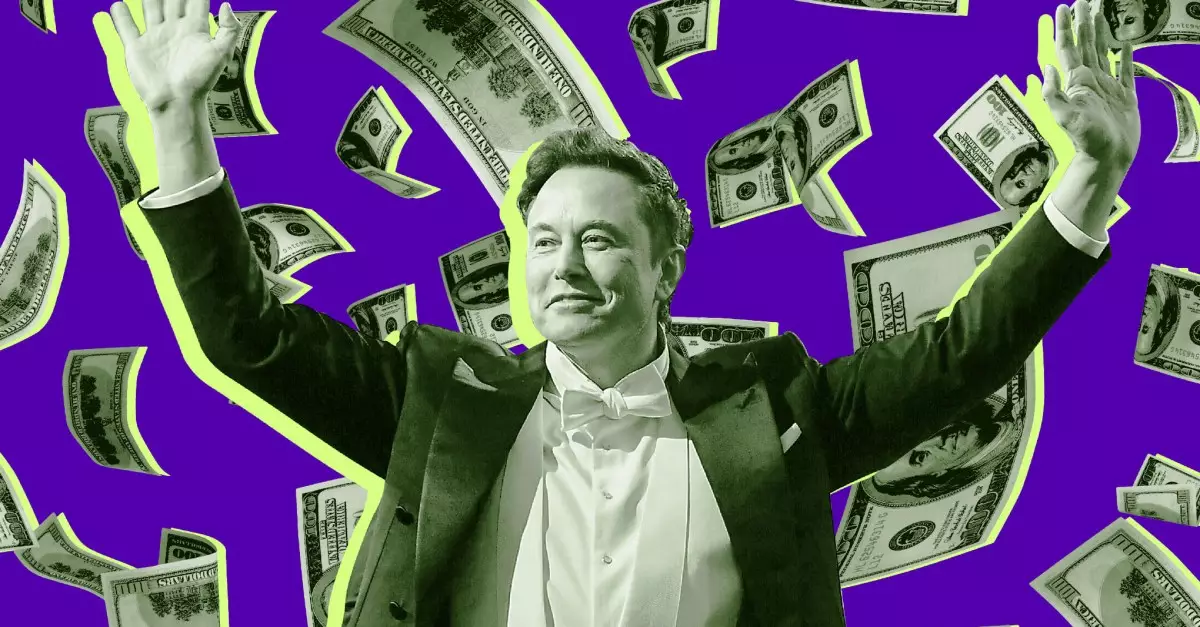Silicon Valley, renowned for its innovation and competition, is witnessing an unprecedented escalation in one of its most intriguing rivalries: the tumultuous relationship between Elon Musk and OpenAI. With Musk at the helm of a $97.4 billion bid to acquire OpenAI’s nonprofit arm, the stakes have never been higher. This ambitious offer, delivered earlier this week, reflects the growing tensions surrounding the direction of artificial intelligence development and usage, provoking a multitude of reactions within the tech community.
Musk’s bid is a culmination of support from a diverse coalition of backers who share his vision for a more transparent and safety-conscious AI landscape. This group includes Musk’s own venture, xAI, as well as prominent investors like Valor Equity Partners, and influential figures from Hollywood and technology sectors, such as Ari Emanuel and Joe Lonsdale. This sheer synergy of resources and expertise could not only revolutionize OpenAI but also cement Musk’s place as a leading figure in the AI domain. The implications of such backing highlight the interconnectedness of venture capitalism and technological advancement in Silicon Valley.
For Musk, this multifaceted bid serves as a bold declaration against what he characterizes as a departure by OpenAI from its foundational principles of safety and openness. His critique holds substantial weight considering his history with the organization; as a co-founder, Musk played a key role in shaping its objectives before his exit in 2019. The accusations of betrayal now manifest as a lawsuit, illustrating his frustration over the organization’s perceived shift towards profit-driven models. Musk’s assertion that OpenAI must revert to its original mission resonates with many who advocate for ethical AI practices.
OpenAI currently stands at a crossroad, grappling with critical decisions such as its transformation to a for-profit structure while securing substantial investments amidst high valuations. Sam Altman, the current CEO, is tasked with harmonizing disparate interests, including those of major stakeholders like Microsoft. Musk’s bid introduces an unprecedented dimension of urgency and complexity to these negotiations. Despite the potential financial boon, the involvement of Musk’s coalition adds a layer of competition that could hinder OpenAI’s strategic maneuvers, forcing them to reassess their options.
The unfolding events around Musk’s bid encapsulate a broader dialogue on the future of artificial intelligence—one that balances innovation and ethical considerations. As the tension escalates, industry watchers remain eager to see whether Musk’s vision for a safety-focused AI model can materialize, or if the ongoing power struggles will overshadow foundational ideals. This rivalry not only highlights the complexities of modern technology management but also serves as a poignant reminder of the responsibilities that come with such unprecedented advancements in artificial intelligence. The outcome of this escalating battle will undoubtedly shape the landscape of AI for years to come.

